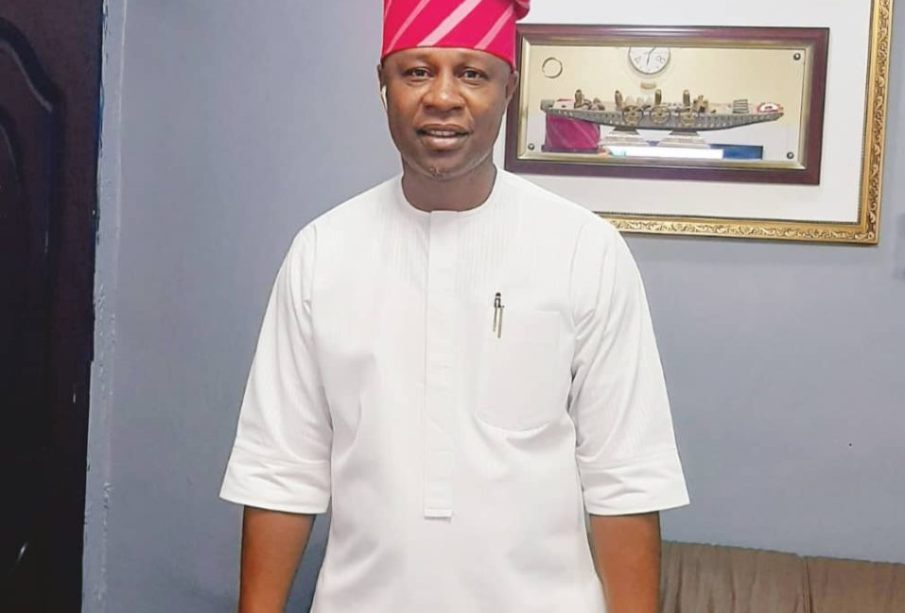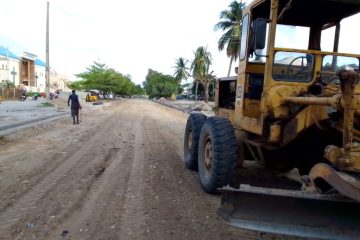Editorial: The Aspirations of Sultan Oyewole Junaid for Chairman of Amuwo-Odofin Local Government – Yomi Adejumo

As the 2025 local government elections draw near, the political landscape of Amuwo-Odofin Local Government is heating up, with Sultan Oyewole Junaid emerging as a prominent contender for the chairmanship. Junaid’s political journey is marked by ambition and a commitment to public service, evidenced by his long-standing aspiration to lead this vibrant community.
Junaid’s educational background strengthens his candidacy. From his early schooling at Loral and Mate Nurseries to attending Adeola Odutola College, and eventually earning a B.Sc. in Microbiology from Lagos State University followed by an M.Sc. in Environmental Toxicology and Pollution Management from the University of Lagos, he possesses a solid academic foundation. This knowledge, coupled with his extensive experience as a regulatory officer with the National Agency for Food and Drugs Administration and Control (NAFDAC), positions him as a candidate with a deep understanding of health, safety, and regulatory mattersvareas crucial to a community-focused leadership role.
However, Junaid’s political odyssey has not been without challenges. His past attempts at chairmanship in 2010 and his aspirations for the State House of Assembly in 2014 and 2018 have raised questions. While his persistence shows a commendable tenacity, it also brings to light a critical issue in Nigerian politics: the phenomenon of serial contesting. On one hand, his repeated candidacies can reflect a strong commitment to public service and a demand for his vision by constituents. On the other hand, it may also suggest a lack of new faces in local governance, prompting public fatigue over perennial candidates.
Another dimension to Junaid’s candidacy is the perception of ‘godfatherism’ in Nigerian politics. Some view Junaid as a candidate benefitting from godfather backing, which could explain his popularity and the endorsements he has garnered from influential political figures. While such alliances can facilitate access to resources and networks critical for campaign success, they can also lead to skepticism among the electorate, who may question the candidate’s independence and commitment to constituents’ needs over political patronage.
Despite these complexities, Junaid’s aspirations resonate with several community members who are eager for leadership that draws from a wealth of experience and a focus on environmental health an increasingly critical issue in urban areas. His firm commitment to his family a happily married man with children also portrays an image of stability and reliability, qualities often sought in local leaders.
In balancing Junaid’s merits and challenges, it becomes clear that the 2025 election offers a pivotal moment for the residents of Amuwo-Odofin. Voters will have the opportunity to assess not only Junaid’s qualifications and past experiences but also the larger political context, which includes the implications of serial participation and the influence of political godfathers.
As the election approaches, it is crucial for constituents to engage critically with these issues, evaluating candidates based on their vision for the future of Amuwo-Odofin and their capacity to act independently in the best interest of the community. Ultimately, the choice of leadership will not only shape the immediate governance but will also set the tone for the political climate of the region for years to come.






